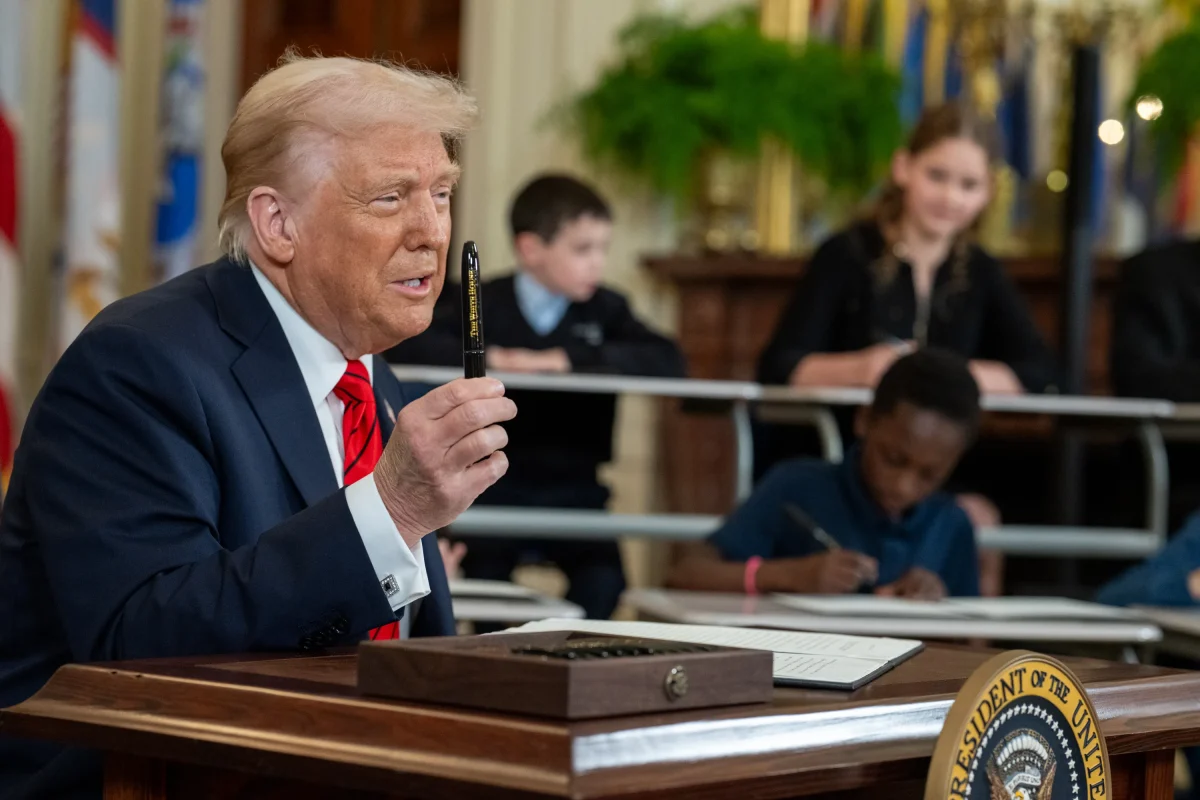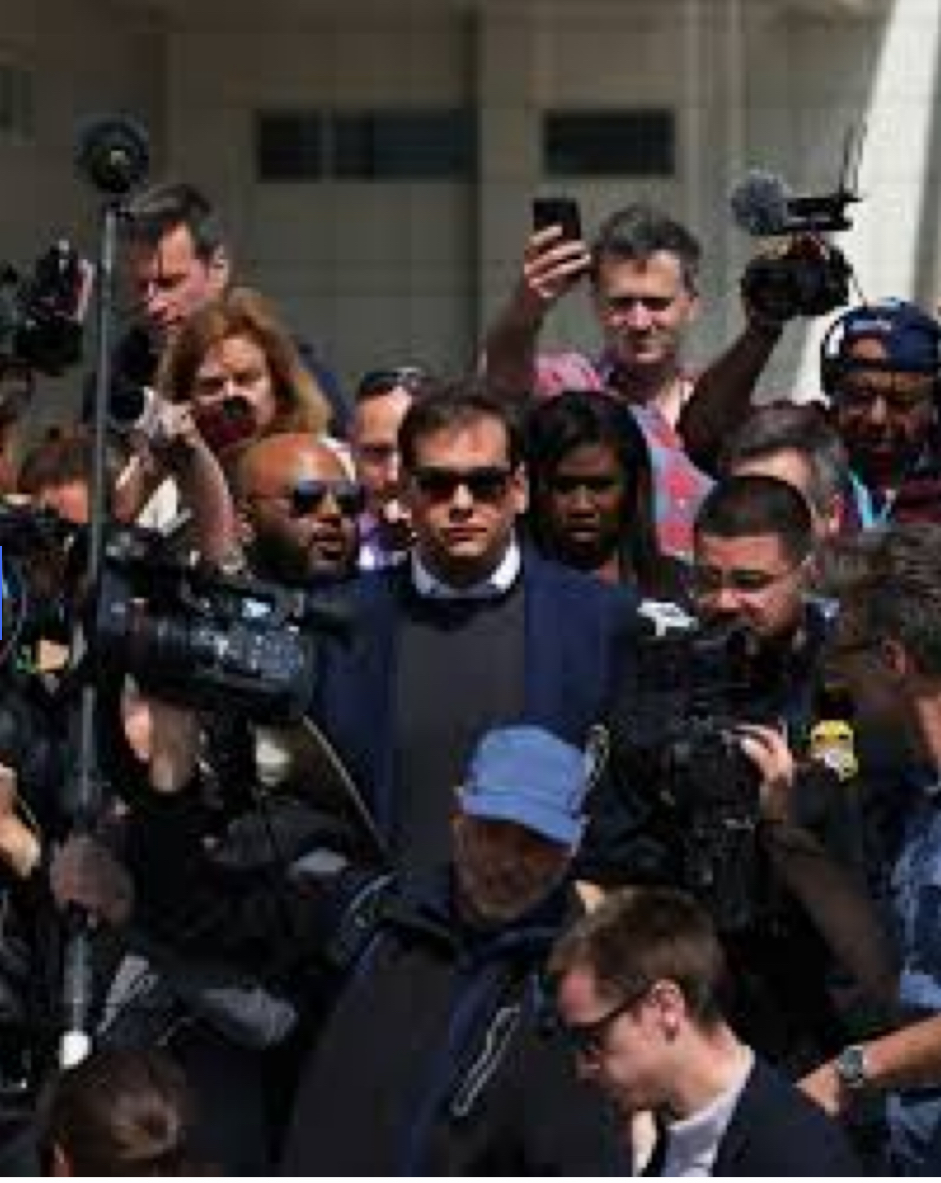After over a year of non-stop killing, an end could be in sight for the War in Gaza.
On Wednesday, January 15, former President Biden announced a cease-fire deal between Israel and Palestinian terrorist group Hamas, which opened up the possibility of peace in the region for the first time since October of 2023. The deal is the result of nearly a year of negotiations.
The most recent period of conflict between Hamas and Israel began on October 7, 2023, when Hamas and several other Palestinian militant groups launched an attack on Southern Israel, marking the first invasion of Israeli territory since the 1948 Arab-Israeli War.
The attack resulted in 1,195 deaths, as well as 251 Israelis being taken hostage.
Following the attack, Israel responded with retaliatory strikes in the Gaza Strip, which have continued non-stop since the attack. According to Gaza’ health ministry, more than 45,000 Palestinians have been killed in Gaza since the start of the war, and a major famine has broken out in the region, with nearly half of Gaza’s residents considered starving, according to the World Food Program.
Despite accusations of genocidal intent in Gaza, Prime Minister Benjamin Netanyahu and his far-right coalition long made clear that they intended to continue their war efforts, with the goal of achieving “total victory” against Hamas. With mounting pressure from allies and others in the Israeli government, though, Netanyahu struggled to rally his country behind the war.
This pressure came to fruition on Friday, Jan. 17, when Netanyahu’s security cabinet voted to approve the cease-fire deal, which would allow for a 15-week period of peace and the release of hostages by Hamas, according to official negotiations.
American diplomats, who were involved in negotiations, have shown confidence that the release of hostages and the pause in fighting will begin in a timely manner.
“We fully expect the deal to proceed as described yesterday, and on the timeline that we’ve laid out, so implementation beginning as soon as Sunday with a ceasefire and the release of the first hostages,” U.S. Deputy National Security Advisor Jonathan Finer said on “CBS Mornings,” acknowledging “a set of implementation details and conditions that are going to be a challenge throughout the implementation of this deal, which is going to extend well into the next administration.”
The truce officially began on Sunday, Jan. 19, when three Israeli women were released from captivity and roughly 90 Palestinian prisoners were released from Israel, according to The New York Times. There are still 33 hostages still held captive, who Hamas is expected to release in the coming days and weeks.
Carter Cleary, a senior from Westhampton, MA who is president of Williston’s Politics Club, is hopeful about the peace that the recent deal could bring.
“I just think we should be entering an era of peace through strength, and I think that this is a telling sign of where the world is going and I hope that we see more deals like this to come in the future,” Carter said. “I hope that Israel can prosper freely.”
Dr. Pamela Maddock, a History and Global Studies teacher at Williston, is cautiously optimistic that the ceasefire deal could bring a period of extended peace in the region.
“I am tentatively hopeful that this might mean some short-term relief from suffering—relief to kids starving in Gaza, relief to families in Israel who want to see their loved ones,” Maddock said.
Ever since President Donald Trump took office on Jan. 20, some have raised questions about how the leadership transition could affect negotiations and the future of the conflict, with some worrying that Trump will fail to keep Israeli accountable for maintaining peace.
Despite Trump’s campaign claim that he would create peace in the Middle East, Maddock fears Trump will do little to make this come to fruition.
“It’s hard to see much evidence for the current administration fighting for the dignity of all involved,” she told The Willistonian. As the 45th President Trump issued a ban on all Muslim people coming into the U.S.”
Soon after taking office, Donald Trump signed a wide range of executive orders, including one that lifted sanctions formerly imposed on more than 30 Israeli settler groups by President Biden.
These sanctions, which were imposed on a number of individuals and groups in Israel, were meant to dissuade the building of new settlements in the Palestinian West Bank, and to punish Israeli organizations for violence against Palestinians.
Israeli settlements have been built across the West Bank territory ever since it was seized in 1967, according to the UN. The settlements, which have expanded significantly in recent years, are part of a larger effort by the Israeli government to increase control over the West Bank.
In addition to the fact that sanctions on settler group have been lifted, the recent cease-fire deal made no mention of activities in the West Bank, which has emboldened Israeli forces to continue to ramp up strikes in the region.
Currently, Israeli forces are undertaking a major military operation in Jenin, the largest city in the West Bank.
Since the ceasefire, at least 10 Palestinians have been killed and 40 have been injured by Israeli forces in the West Bank, according to the Palestinian Health Ministry. With continued strikes in the region, these numbers are expected to rise in the coming weeks.
Although some killed were Palestinian militants, other were civilians. One civilian killed was Ahmed al-Shayeb, a well-known businessman in Jenin, according to locals. Al- Saheyb was shot by Israeli soldiers as he was driving down a road in downtown Jenin with his 10-year-old son, Taym al-Shayeb.
“They started shooting, and a bullet hit him,” Taym told reporters at his father’s funeral on Wednesday.
Maddock noted that until this sort of violence in the West Bank has ended, it will be hard to be satisfied with the peace brought on by the ceasefire deal.
“When bombings stop, when hostages are returned, prisoners released, food gets to hungry people, we want to affirm these are good things,” Maddock explained. “But it’s fragile, it’s temporary, and accompanying the peace [in Gaza] is violence in the West Bank.”
In the wake of temporary peace, some have also raised concerns that the Gaza ceasefire is only a superficial solution and does not deal with the underlying conflicts in the region.
Maddock told The Willistonian that the ceasefire deal fails to address some important issues that continue to exist in Gaza.
“Not to diminish [the deal], but it’s the easy step,” Maddock said. “The much harder step is resolving questions of sovereignty, statehood, and liberation.”
The road to true peace, Maddock believes, has yet to be found.
“This little ceasefire does not solve the dispute over land, over water, over freedom of movement, over Palestinians travelling with Israeli passports with the word “Arab” stamped on them,” she said. “It does not bring lasting peace. We’ll wait and watch.”





















